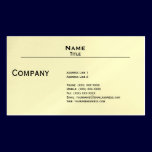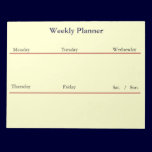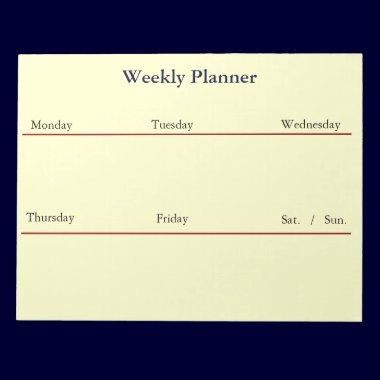Suggestions
- Avoid paying too much attention to online trading platform review websites. Many of these websites are members of the affiliate marketing programs of various brokerages. This means that the website owners are paid a fee for every customer that a brokerage signs up from a link from their websites. As such, their reviews can't be counted on to be objective. Instead, consider your needs as a trader when comparing online trading platforms.
- Examine the fee structure of the online trading platforms and compare it to your trading patterns. If you haven't traded before, consider spending some time with a virtual trading program offered by the brokerage of your choice to get a better idea of which fee structure will fit your needs. Traders who typically make only large-volume, infrequent trades will prefer trading platforms with lower, flat fees. Active traders who make many small transactions will prefer a fee structure that charges per share traded. Some brokerage firms also offer tiered trading fee structures.
- Review the financial advisory services offered by the trading platform, if any. Full-service trading platforms may offer research alerts, personalized trading coaching and other services in return for additional fees. Some brokerage firms offer telephone trade execution for an additional fee or at the same fee as online trading. Traders who don't need that service may be better off looking for a brokerage that charges lower fees.
- Learn about the user interface offered by the trading platform. Some brokerages only offer web-based trading interfaces. These are usually easy to use but aren't very customizable. Others offer a multiple-tiered user interface allowing beginning users to trade over the web and more advanced traders to download trading software. Discount brokerages aimed at professional traders usually offer stripped-down, highly customizable interfaces that can use third-party software with more features.
- Select a brokerage firm that fits your overall needs. You can always switch firms if you're not satisfied with your current one. Look for a firm that offers free demonstration accounts so you can get a better feel for what it would be like to trade using its system.
______________________










No comments:
Post a Comment